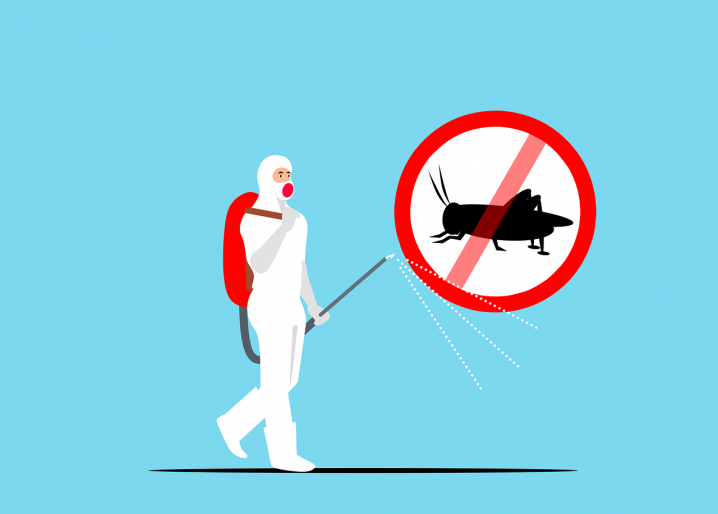For more than two years now through the COVID-19 crisis, humans have continually engaged in social distancing behaviours. That has resulted in extreme changes to everyday life. Public spaces such as restaurants, grocery stores, and entertainments venues set lower capacity limits and businesses even separated employees into alternating shifts in an effort to “flatten the curve.” The National Pest Management Association (NPMA) has found that these changes have given pests an increased opportunity to roam unfettered, gaining access to new environments, and in turn, creating additional challenges for businesses.
Pest control professionals found that during the pandemic, pests no longer had daily foot traffic deterring them from staying out of sight. They saw this issue affect rodents most of all, as their usual food supplies such as dumpsters were not as full as usual. Because of this, they have become even more desperate – pestering patrons dining outdoors, chewing through electrical wiring in buildings, and invading storage areas that have gone untouched.
Increased pest activity is a concern for commercial facility managers as pests can transmit a variety of diseases including E. coli and Salmonella as well as cause significant property damage.
To aid businesses in deterring pests from entering their facility, the National Pest Management Association recommends the following pest-prevention tips:
- Conduct regular inspections of the building, paying close attention to any dark or damp areas as these are particularly attractive to pests. Also, be on the lookout for signs of various infestations, including droppings, gnaw marks, nests, debris, and actual pests themselves.
- Properly store or dispose of empty containers, as these can serve as harborage sites for pests.
- Ensure there is no condensation buildup on any equipment or appliances that could accumulate moisture and attract pests.
- When unpacking new inventory or receiving shipments, carefully inspect all items and packaging for any signs of damage.
- Seal any cracks or gaps on the exterior of the building, paying close attention to areas where pipes and utilities enter.
- Ensure gutters are free of debris and be sure to direct water away from the building through properly functioning downspouts to prevent water collection.
- Install door sweeps on exterior doors and repair any screens to prevent pests from gaining entry.
- Ensure the grounds surrounding the facility are properly maintained, as overgrown vegetation can attract pests to the property.
- Install a gravel perimeter around the building to help discourage vegetation growth that could harbour pests.
- Ensure any dumpsters on-site have a closeable lid and are located as far away from the building as possible.
In addition to utilizing the tips shared above, NPMA recommends that commercial businesses partner with a licensed pest control company to address any pest issues. Professional pest control was deemed an essential service during the COVID-19 pandemic by the United States Department of Homeland Security. They can assist in implementing an integrated pest management plan (IPM), a pest control practice that focuses on eliminating pests’ needs like food, water and shelter, to ensure pests are managed properly as they quickly adapt to the current changes in their living environment.
Working with a pest control professional during these times will help to protect our food supply and our critical infrastructure, while also continuing to decrease the threat of pest-borne disease.
With businesses turning to resume normal day-to-day operations, it is imperative that pest prevention stay top of mind for facility managers and their employees. Following these tips and regularly working with pest control professionals can help protect businesses from the ongoing threats pests pose.
Cindy Mannes is the Senior Vice President of Public Affairs at the National Pest Management Association.









